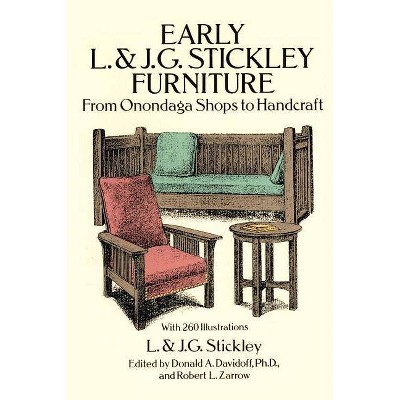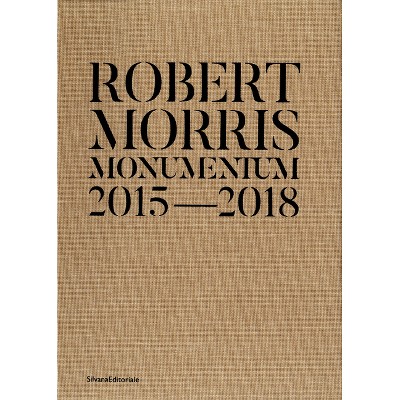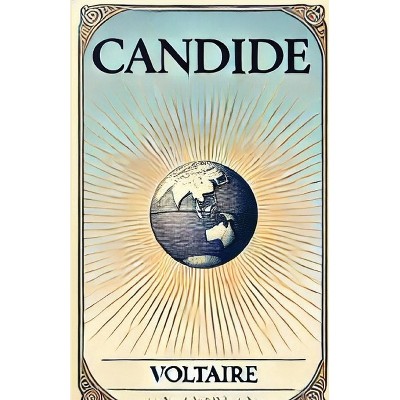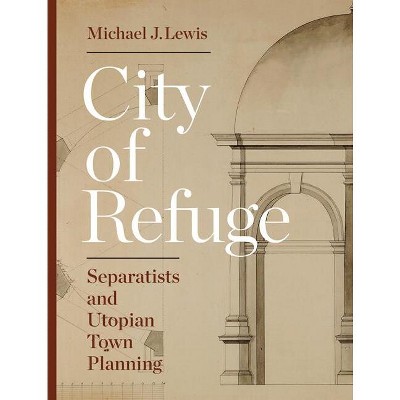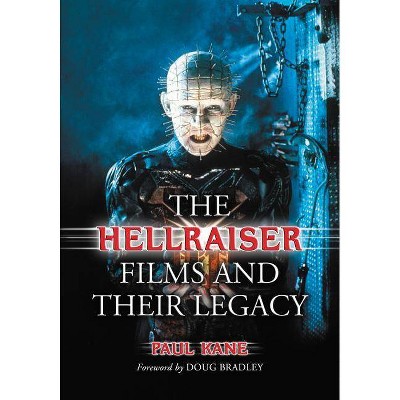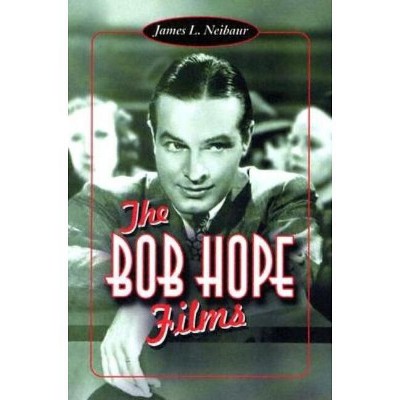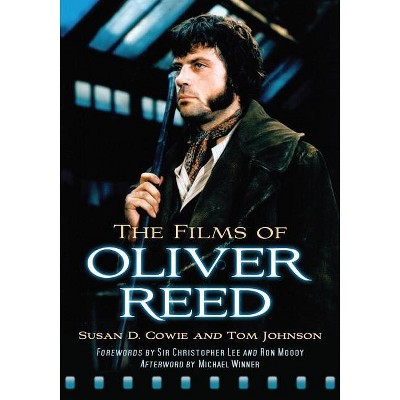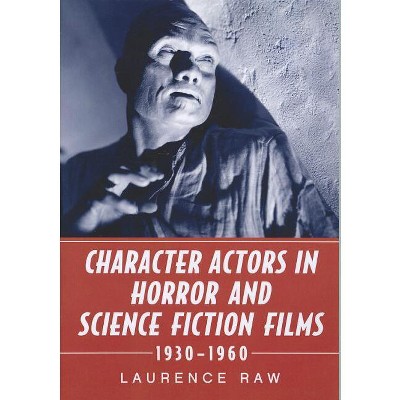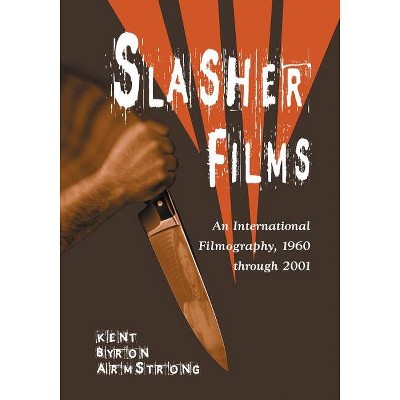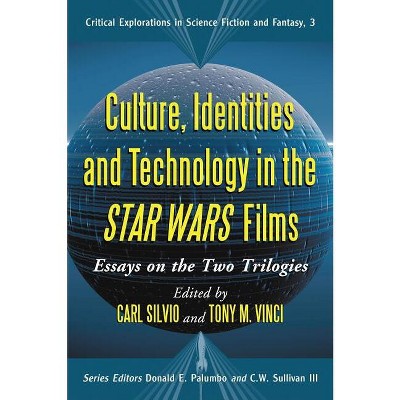Sponsored

The Films of Derek Jarman - by William Pencak (Paperback)
In Stock
Sponsored
About this item
Highlights
- Derek Jarman's films explore the possibilities and limitations of same-sex love and self-expression during various historical eras, ranging from ancient Egypt to present times.
- About the Author: William Pencak is a professor of history at the Pennsylvania State University and co-editor of the essay collection Paul Robeson: Essays on His Life and Legacy (2002).
- 213 Pages
- Performing Arts, Film
Description
Book Synopsis
Derek Jarman's films explore the possibilities and limitations of same-sex love and self-expression during various historical eras, ranging from ancient Egypt to present times. His work covers a millennium of sexual repression and efforts to escape it. Jarman provides us with a cinematic history of people whose homoerotic passions had a major impact on western civilization in religion, art, politics, philosophy, and war.
This book provides background information on each of Jarman's fifteen scripts and films. The chapters are "program notes" to his films from a historical perspective. An interpretation of Jarman's intentions, gleaned from the director's writings and works about him, is also provided. This work reveals Jarman's importance as a keen student of the limits of historical knowledge, and delineates the role of history in inspiring change or preserving inertia in the present struggle against homophobia.
Review Quotes
"recommended"-Choice; "an excellent, stimulating book...every nook and cranny is worth exploring"-Film & History.
About the Author
William Pencak is a professor of history at the Pennsylvania State University and co-editor of the essay collection Paul Robeson: Essays on His Life and Legacy (2002). He lives in State College, Pennsylvania.Shipping details
Return details
Frequently bought together
Trending Non-Fiction







